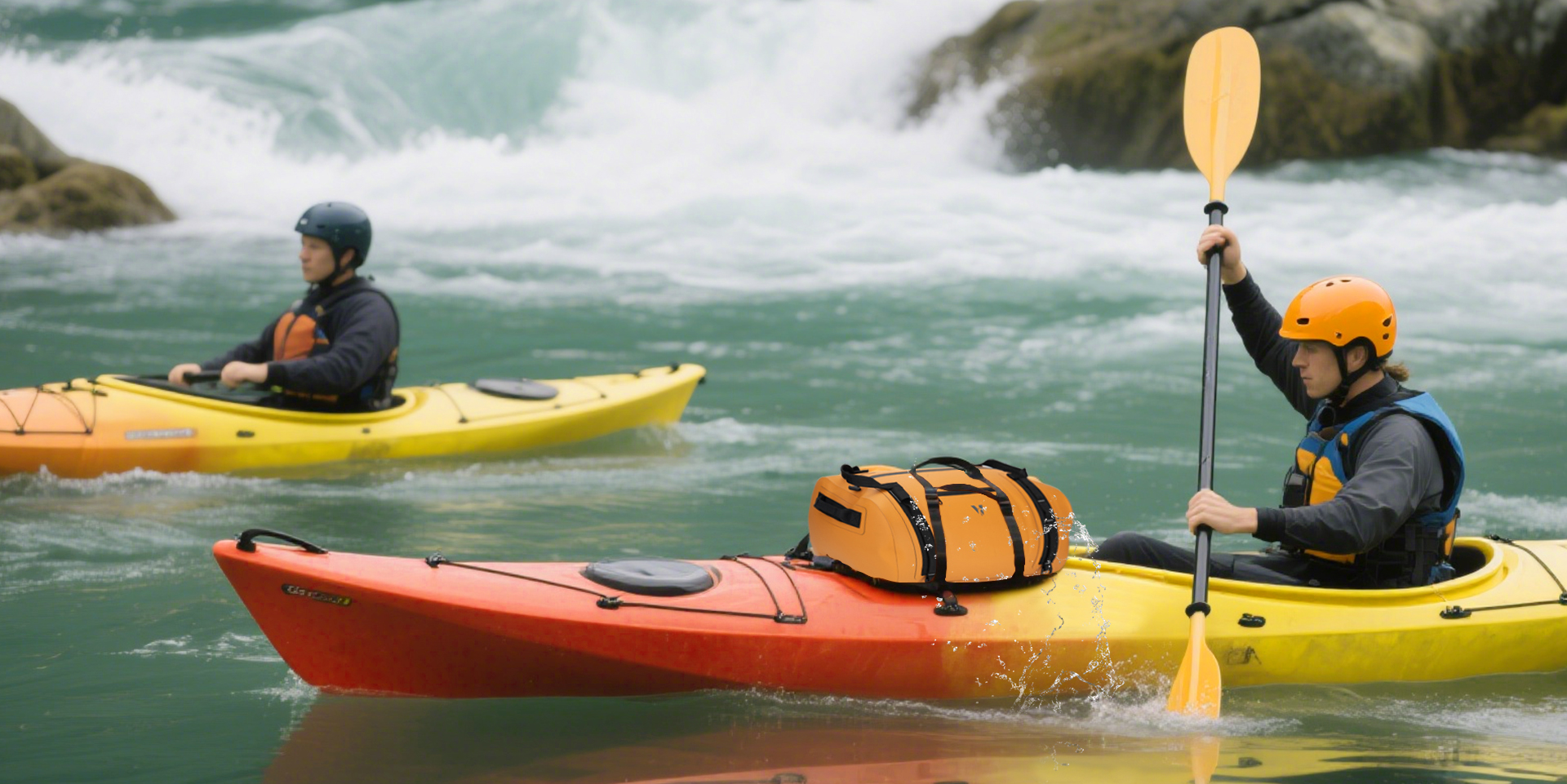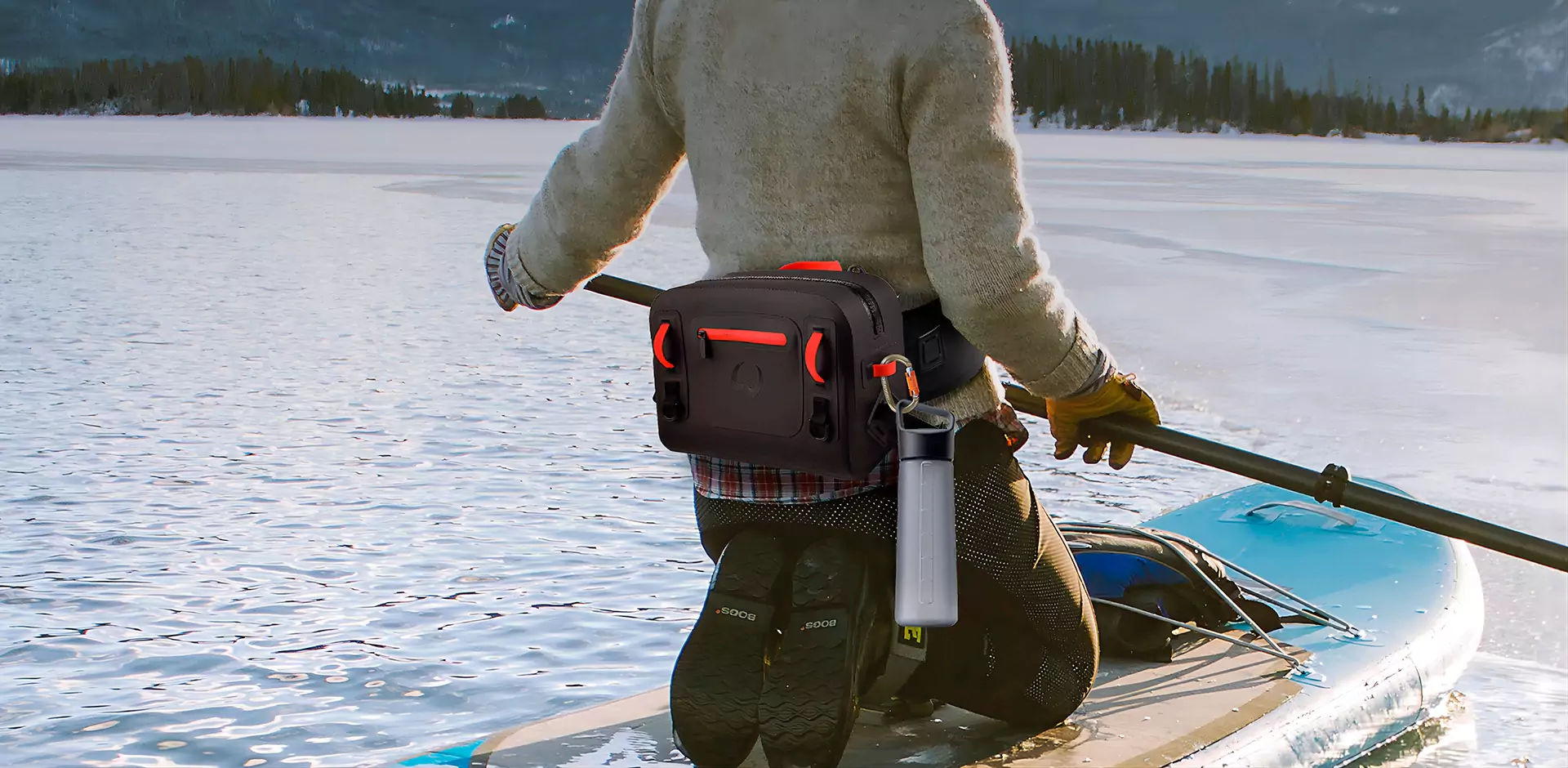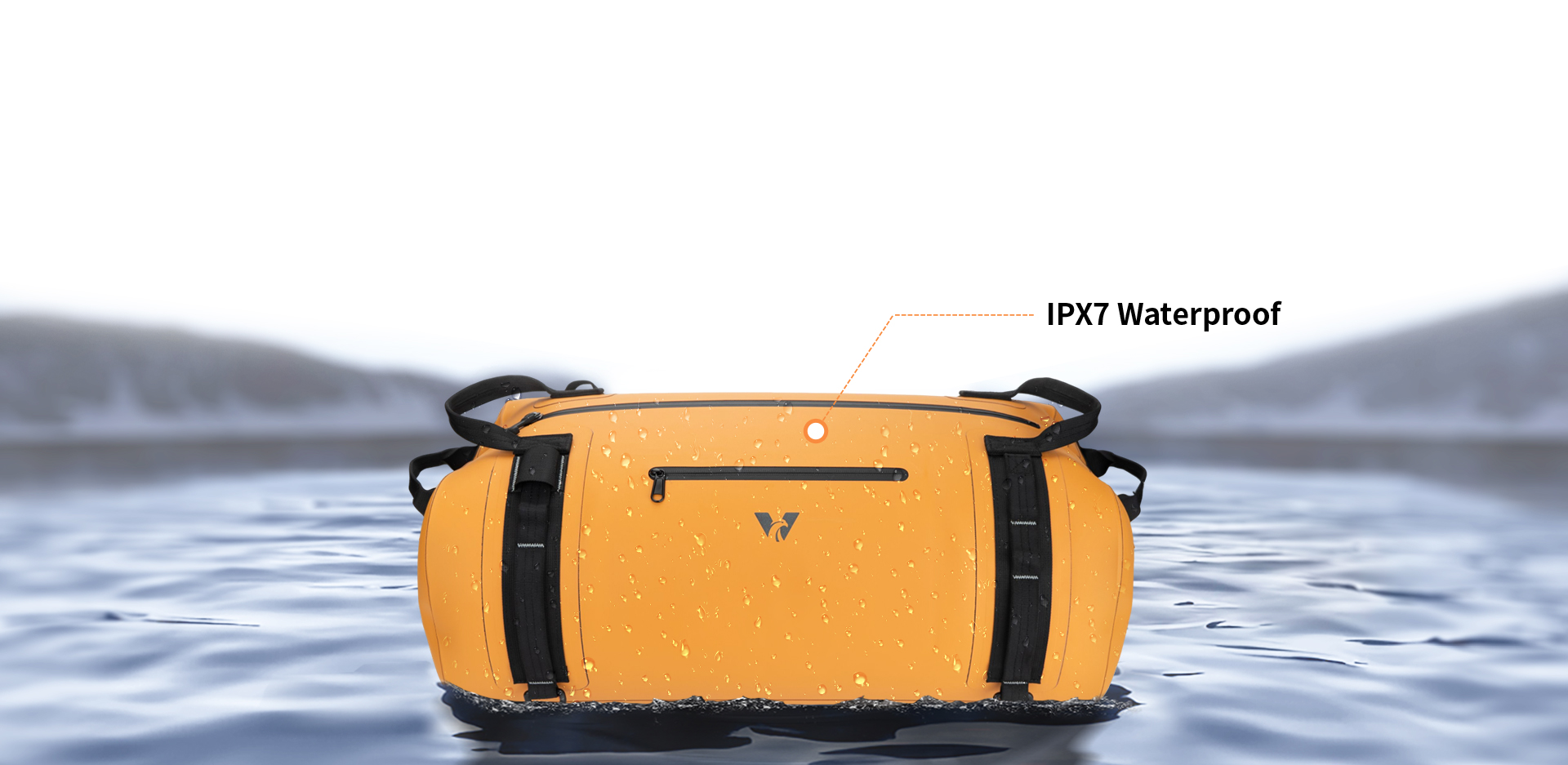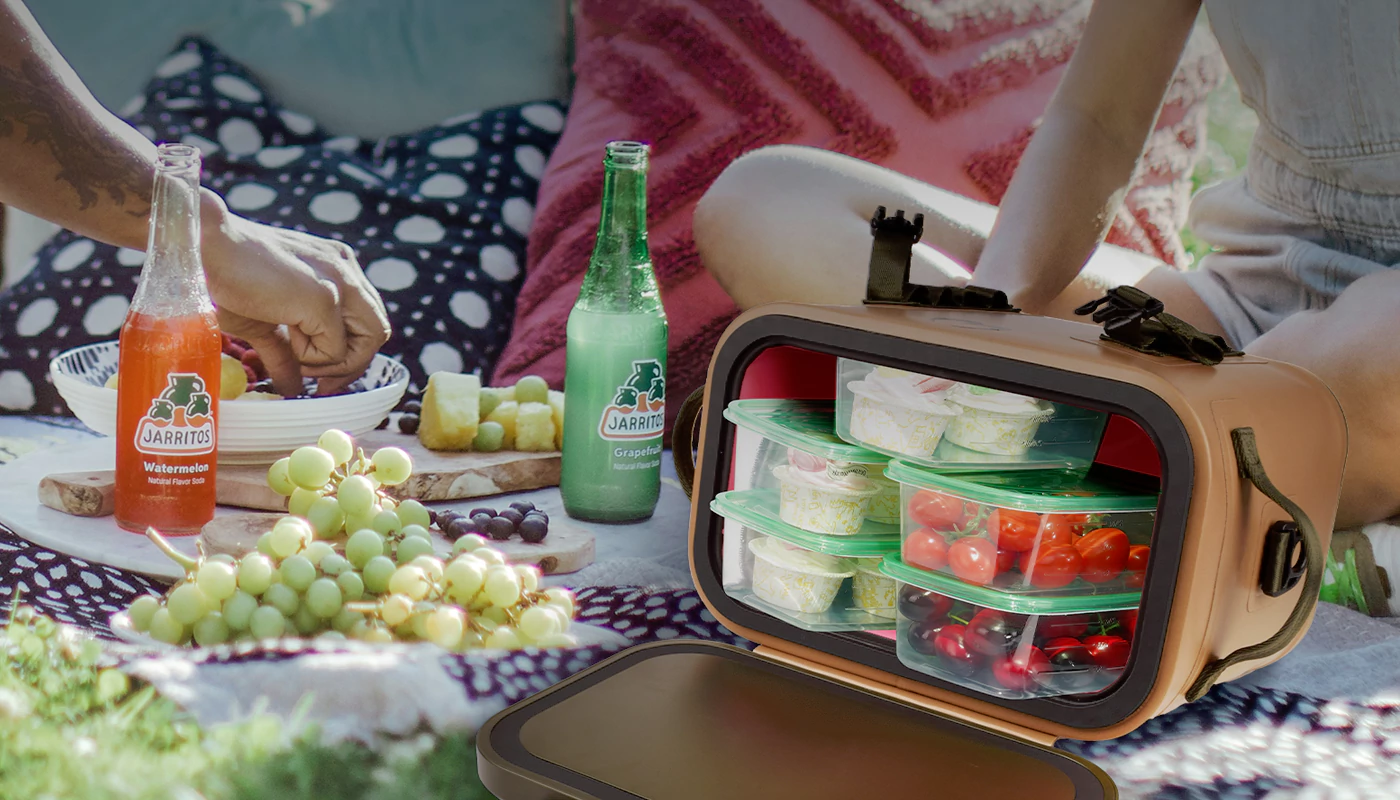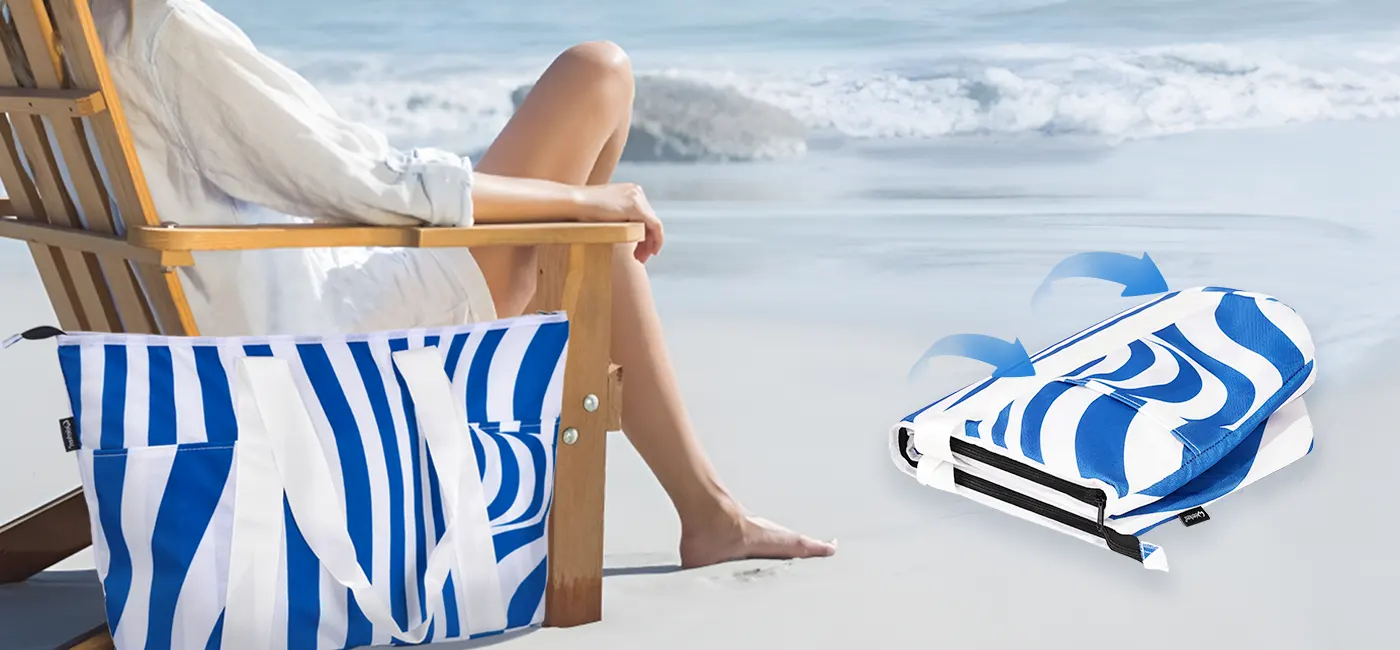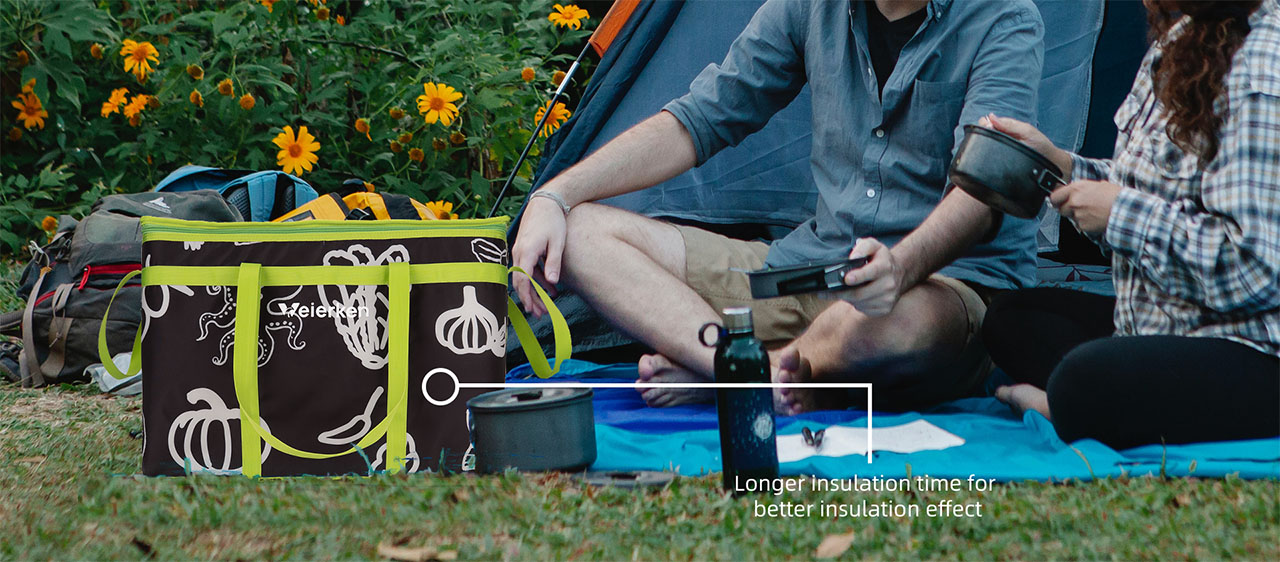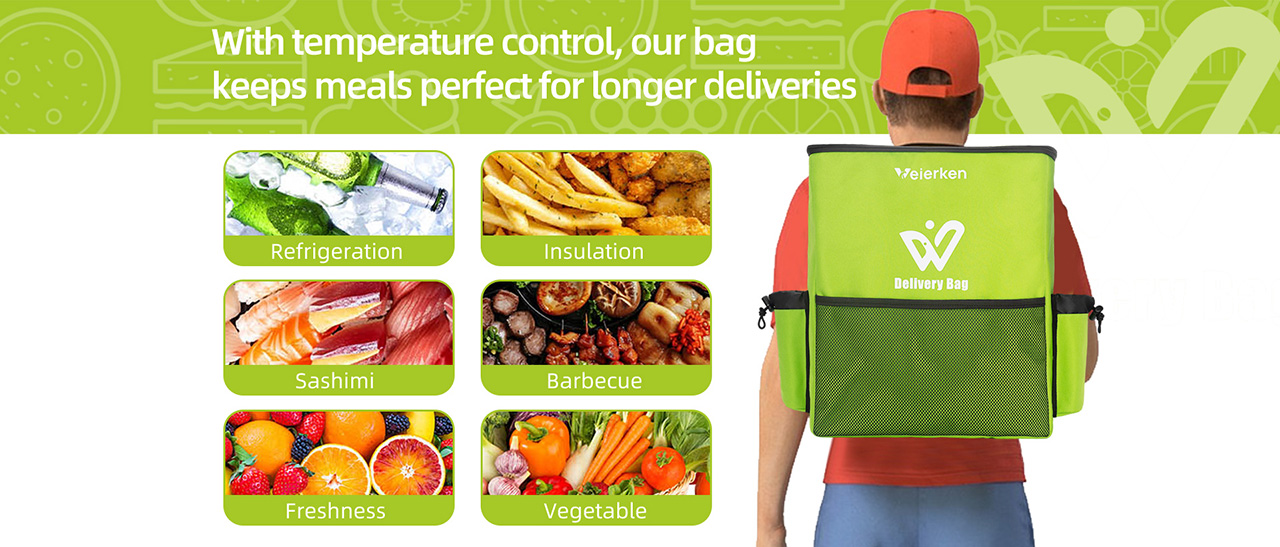Customizing your own line of IPX7 waterproof bags can be a significant step in growing your brand, whether for outdoor sports, promotional events, or everyday electronics protection. The key to success lies in partnering with the right manufacturer—one that not only understands your vision but also delivers on quality, reliability, and service. For brands like weierken, which prioritize durability and functionality, selecting a manufacturing partner is a critical decision. This guide will walk you through five reliable channels and the essential criteria to find a manufacturer that meets your standards for a high-quality IPX7 waterproof bag custom project.
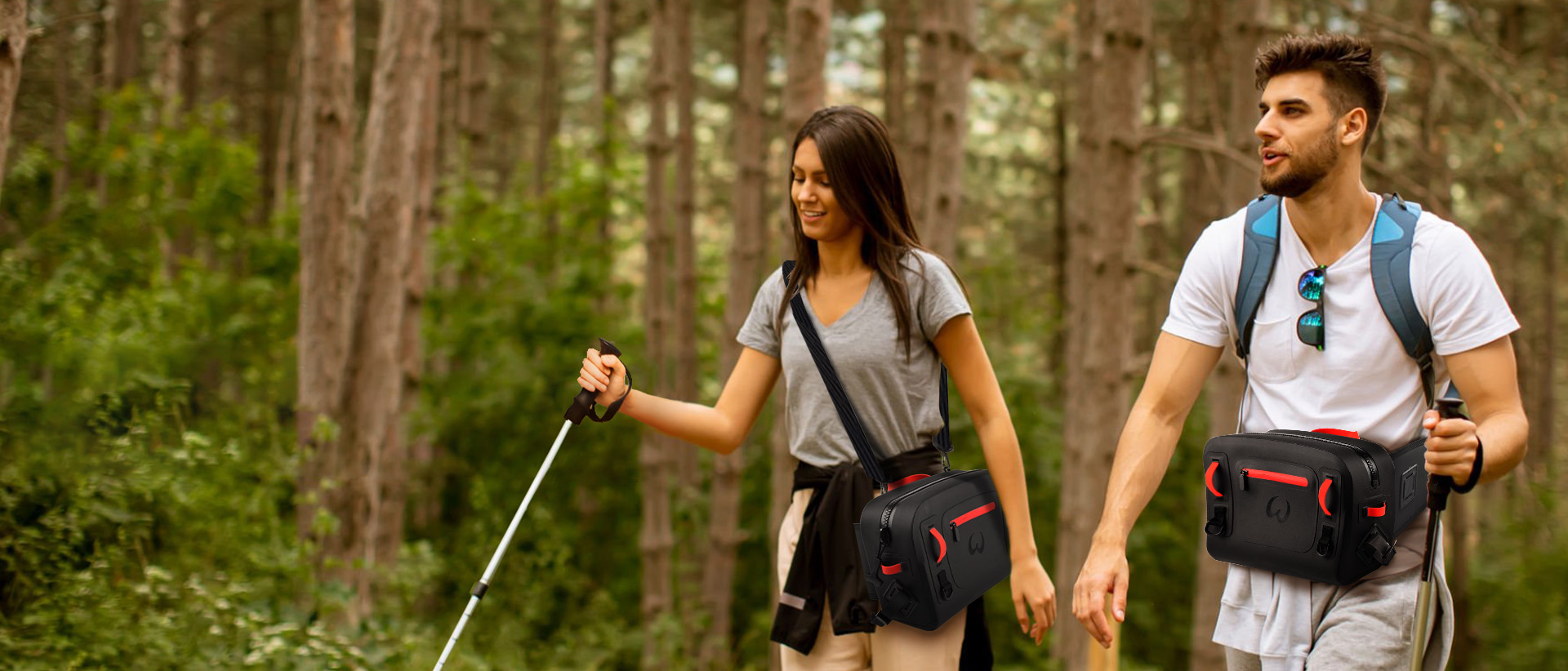
Supplier Screening Criteria
Not all manufacturers are created equal. A rigorous screening process is your first line of defense against subpar products and logistical nightmares.
How to Verify the Authenticity of a Manufacturer’s IPX7 Certification
The term “IPX7” is specific. It means a device can be submerged in up to 1 meter of water for 30 minutes without harmful ingress. Don’t just take a supplier’s word for it.
- Ask for Certification Documents: Reputable manufacturers will have test reports from accredited third-party laboratories. Request these documents and verify their authenticity.
- Understand the Tests: Ask the manufacturer to describe their in-house testing process for IPX7 waterproof bag custom orders. They should be able to explain how they simulate the 1-meter/30-minute immersion test on a sample batch.
- Check for Consistent Sealing: The certification is useless if the sealing process isn’t consistent across production. Inquire about their quality control (QC) checks for seam welding (high-frequency or ultrasonic) and zipper sealing.
How to Verify the Authenticity of a Manufacturer’s IPX7 Certification
A manufacturer’s history speaks volumes about its capability.
- Business Licenses and Audits: Ensure the factory has the necessary business licenses. Reports from audits like ISO 9001 for quality management systems are a strong positive indicator.
- Portfolio and Case Studies: Examine their portfolio. Have they produced similar custom waterproof bags for other brands? A manufacturer with experience in your niche will understand your specific needs better.
- Request References: Don’t hesitate to ask for contact information of past or current clients. A confident manufacturer will be willing to provide references.
Sample Testing Process and Key Quality Control Points
The sample is your first tangible interaction with the product. Treat it as a mini-audit.
- The Sample Request Process: A professional manufacturer will have a clear process for sample requests, often involving a fee that may be deductible from a future bulk order.
- Conduct Your Own Tests: Once you receive the sample, put it through its paces. Fill it with paper towels and submerge it in a bucket. Check the zipper’s smoothness, the strap attachments, and the overall material feel. This hands-on testing is crucial before committing to a large IPX7 waterproof bag custom order.
- Key QC Points: Discuss the factory’s QC checkpoints. These should include pre-production material inspection, in-line production checks (especially for seams and zippers), and a final random inspection before shipping.
Supply Chain Stability Assessment
A great product is useless if it doesn’t arrive on time. Supply chain resilience is non-negotiable.
Analysis of Manufacturer’s Production Capacity and Delivery Lead Times
Be clear about your needs and their capabilities from the start.
- Be Transparent About Your Volume: Clearly communicate your expected order quantities, both initially and in the long term.
- Ask for a Realistic Timeline: Get a detailed breakdown of the production timeline, from material procurement to final shipment. A factory producing high-quality custom dry bags will be honest about their capacity to avoid overpromising.
- Gauge Scalability: Can they handle your growth? Ask if their production lines can scale up if your order volumes increase suddenly.
Raw Material Sources and Inventory Management Mechanisms
The quality of the raw materials directly impacts the final product.
- Source of TPU/PVC Tarpaulin: Ask about the source and grade of the primary waterproof fabric (often TPU or PVC). Consistent, high-quality material is a must.
- Zippers and Valves: Inquire about the brands and types of zippers (e.g., YKK) and pressure-release valves they use. Good components are a sign of a quality-focused manufacturer.
- Inventory Buffers: A stable manufacturer maintains a buffer stock of key raw materials. This helps them mitigate supply chain disruptions and handle urgent orders more effectively.
Ability to Handle Peak Seasons and Unexpected Orders
The market is unpredictable. Your manufacturer shouldn’t be.
- Proactive Communication: Do they warn you about potential delays during Chinese New Year or other holidays, or do you have to chase them?
- Contingency Plans: Ask how they manage rush orders or unexpected surges in demand. Their ability to be flexible can be a significant competitive advantage for your brand. A partner for brands like weierken needs to be agile enough to support marketing campaigns and seasonal peaks.
Customization Service Capabilities
The whole point of a custom order is to bring your unique design to life.
Supported Design Types (LOGO, Size, Color, Function, etc.)
A capable manufacturer should offer a wide range of customization options for waterproof bags.
- Logo Application: Methods can include silk-screen printing, heat transfer, or PVC patch. Discuss which method best suits your design and budget.
- Size and Dimensions: Can they produce non-standard sizes? Provide precise dimensions for your IPX7 waterproof bag custom project.
- Color and Material: Is there a palette to choose from? Can they source specific colors of TPU or nylon?
- Functional Add-ons: Consider additional features like separate phone pockets, carabiner holes, adjustable straps, or transparent windows.
Availability of ODM/OEM Services
Understand the difference to see where you fit.
- OEM (Original Equipment Manufacturing): You provide the complete design, and they manufacture it. This is ideal if you have a fully fleshed-out product concept.
- ODM (Original Design Manufacturing): The manufacturer provides existing designs that you can customize and rebrand. This is a faster and often more cost-effective route, perfect for startups.
Sampling Process and Modification Flexibility
The sampling stage is a collaborative process.
- Iterative Sampling: A good partner will allow for 2-3 rounds of sample modifications to get the product perfect. Be wary of manufacturers who resist any changes.
- Clear Feedback: Provide precise, documented feedback on samples. Instead of “the color is off,” specify “please match Pantone 17-1456 TPX.”
- Open Communication: The ease of communication during this phase is a strong indicator of the overall partnership experience.
Cost and Quotation Structure
Understanding the cost drivers helps you make smart budgeting and negotiating decisions.
Main Factors Influencing Custom Price (Quantity, Craftsmanship, Material)
The unit cost for your IPX7 waterproof bag custom order is influenced by several factors:
- Order Quantity: The most significant factor. Higher volumes drastically reduce the unit cost due to amortized setup fees.
- Material Quality: Higher-grade TPU tarpaulin or branded YKK zippers will cost more but enhance durability.
- Production Craftsmanship: Complex processes like multi-color printing, intricate seam welding, or adding special valves will increase the price.
How to Get a Transparent Quotation and Avoid Hidden Costs
A detailed quotation prevents surprises.
- Request a Breakdown: Ask for a line-item quote that includes mold/tooling fees (if any), material cost, labor cost, printing/finishing cost, and packaging.
- Clarify Incoterms: Understand the shipping terms (e.g., EXW, FOB, CIF). An FOB price is often clearer, as it includes all costs until the goods are loaded on the ship at the origin port.
- Ask About Hidden Fees: Directly ask about potential hidden costs like sample shipping fees, bank transfer charges, or document processing fees.
Bulk Order Negotiation Leverage and Payment Terms
Your purchasing power increases with volume.
- Negotiate on Bulk Orders: For large quantities, you have leverage to negotiate on the unit price, payment terms, or even waive the mold fee.
- Standard Payment Terms: Typical terms are 30-50% deposit with the balance paid before shipment. For a new partnership, this protects both parties. As trust builds, like in a long-term partnership weierken might seek, you can negotiate more favorable terms.
Cooperation Communication and After-Sales Service
The business relationship extends far beyond the first payment.
Responsiveness and Professionalism of the Contact Team
Timely and clear communication is the bedrock of a smooth production process.
- Dedicated Account Manager: Having a single point of contact is invaluable. It streamlines communication and ensures accountability.
- Response Time: Gauge their average response time during the inquiry phase. If they are slow now, it will likely not improve later.
- Language and Cultural Barriers: Ensure the team you are communicating with has a sufficient command of English to understand technical details and nuances.
After-Sales Support (Quality Issue Handling, Factory Return, etc.)
What happens if something goes wrong?
- Clear Return/Defective Policy: Understand the manufacturer’s policy for handling defective products. What is the threshold for acceptance? Will they offer replacements, repairs, or a refund?
- Warranty Period: Ask if they offer a warranty on their custom waterproof bags and what it covers.
- Proactive Problem-Solving: A good partner will proactively work with you to solve any quality issues that arise, rather than becoming defensive.
Support for Long-Term Strategic Cooperation and Product Iteration
Look for a partner, not just a vendor.
- Future-Proofing: Discuss your long-term vision. Are they interested in growing with you? Can they support future product iterations or new product lines?
- Value-Added Input: A strategic partner might offer suggestions on material innovations or design tweaks that could improve your product or reduce costs over time. This collaborative approach is what builds a brand’s resilience in the market.
Frequently Asked Questions (FAQ)
Q1: What does IPX7 certification truly mean for a custom waterproof bag?
A1: The IPX7 rating is a specific international standard. For a custom waterproof bag, it certifies that the bag can protect its contents from temporary immersion in water up to 1 meter deep for a duration of 30 minutes. When pursuing an IPX7 waterproof bag custom project, it’s crucial to verify the manufacturer’s test reports to ensure this standard is consistently met in production.
Q2: What is the typical minimum order quantity (MOQ) for a custom IPX7 bag order?
A2: The MOQ varies significantly between manufacturers. For a fully custom waterproof bag involving unique molds, printing, and design, MOQs can range from 500 to 5,000 pieces. However, some manufacturers offering ODM services with minor customizations (like adding a logo) may have lower MOQs. Always discuss this upfront.
Q3: How long does the entire process take, from sampling to bulk delivery?
A3: The timeline for an IPX7 waterproof bag custom order depends on complexity and order size. Typically, the sampling process takes 2-3 weeks (including shipping). Once the sample is approved, bulk production for a standard order can take 4-8 weeks. It’s essential to factor this into your product launch or inventory planning.
Q4: Can manufacturers help with the design if I only have a basic idea?
A4: Absolutely. This is where a manufacturer’s ODM (Original Design Manufacturing) capability shines. If you have a concept but lack detailed designs, you can collaborate with custom dry bag manufacturers who have in-house design teams. They can help refine your idea, create technical drawings, and suggest functional improvements based on their expertise.
Q5: What is the most reliable sealing method for IPX7 rated waterproof bags?
A5: The two most reliable and common methods are high-frequency welding and ultrasonic welding. Both techniques fuse the material (usually TPU or PVC) at the seams, creating a permanent, waterproof bond that is far superior to stitched and taped seams. A professional manufacturer will use one of these methods to ensure the integrity of your IPX7 waterproof bag custom product.
